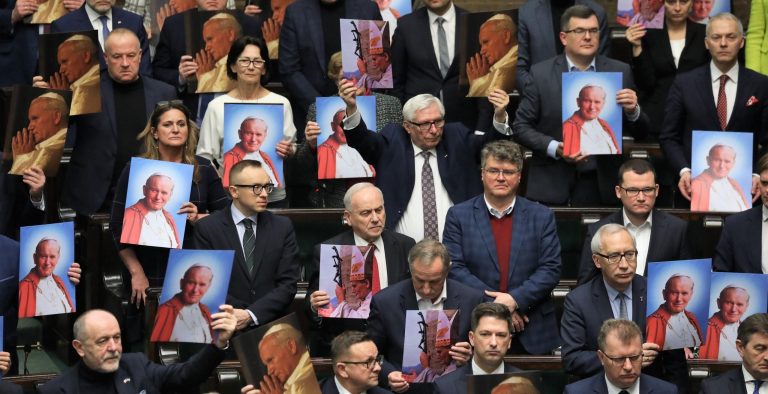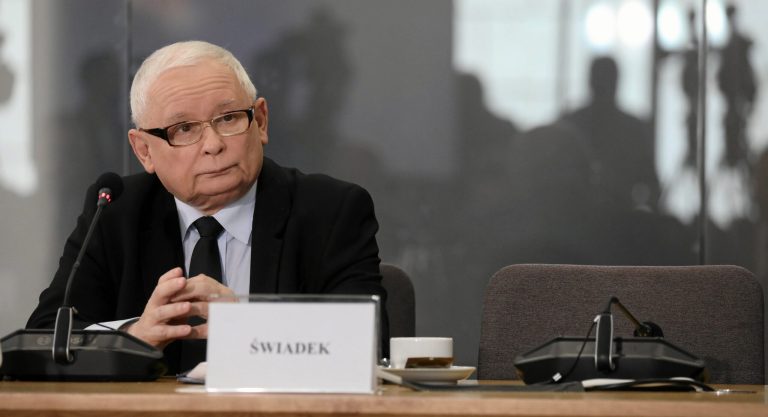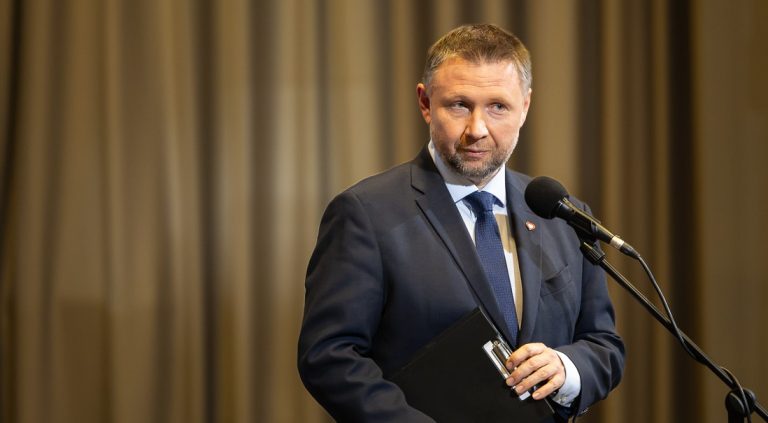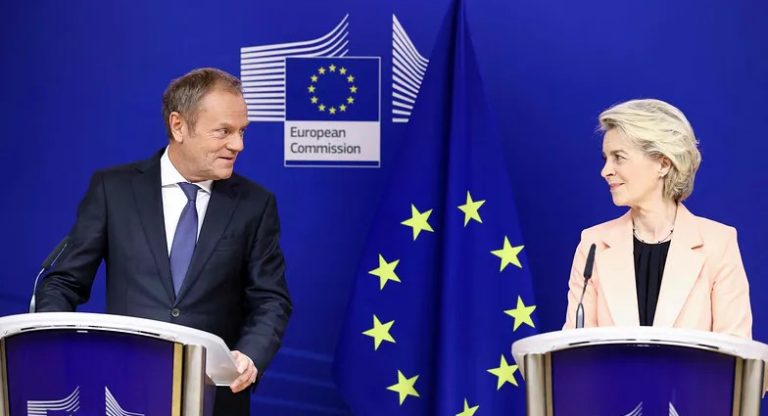Poland’s biggest gas producer to increase bills by around 50%
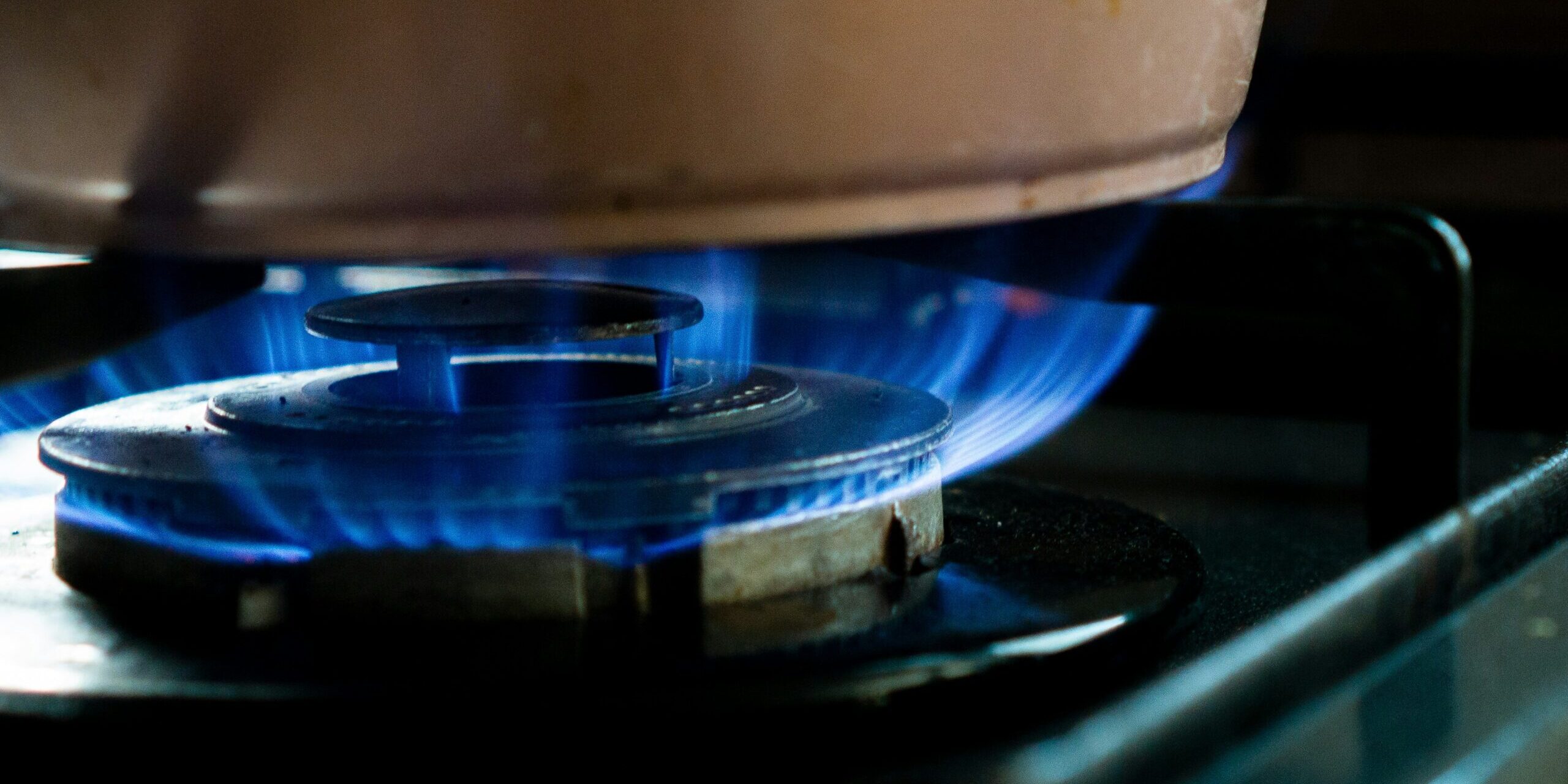
Poland’s largest natural gas producer, PGNiG, has sent its customers letters informing them that gas prices will rise by around 45% as of July. The company will also increase the price of gas distribution, and the total rise in final costs for customers could be as high as 50-60%.
The opposition Law and Justice (PiS) party has called on the government to pass a law extending the gas price freeze.
However, the climate minister blames the previous government for the increase in prices and points to a long-term neglect of development of renewable energy sources as one of the reasons.
PGNiG ogłasza podwyżki cen za gaz. Rachunki wyższe nawet o połowę https://t.co/QS00rNEMyO
— Business Insider Polska 🇵🇱 (@BIPolska) April 28, 2024
According to the letter sent by PGNiG to its customers and published by various Polish media sources, the price for high-methane gas will increase as of 1 July by 45% from the current 0.2462 zloty/kWh to 0.3579 zloty/kWh, reports financial news outlet money.pl.
The same will be true for other types of gas, which will increase in price from 0.2462 zloty/kWh to as much as 0.3629 zloty/kWh, or by as much as 47%.
In addition, distribution rates will also be increased by 55-59%. This means that the total bill of Polish consumers could increase by up to 50-60%.
According to analysts at mBank, however, the increases could be smaller if the Energy Regulatory Office (URE) calls on sellers to reduce tariffs under the threat of losing compensation for selling energy at underpriced prices.
🇵🇱 Duże podwyżki cen gazu dla gospodarstw domowych od lipca?
O co chodzi?
W weekend gruchnęła wieść o podwyżce cen gazu PGNIG. Jest to niejako techniczna kwestia wynikająca z tego, że obecna taryfa zatwierdzona przez URE (okolice 290zł – z uwagi na wielość grup taryfowych…
— mBank Research (@mbank_research) April 29, 2024
Gas prices for domestic customers and a group of other protected entities at 0.2462 zloty/kWh were frozen for 2023 in mid-December 2022 by the former PiS government after Russia’s full-scale invasion of Ukraine led to the energy crisis in Europe.
The gas price freeze was extended in December 2023 for six months by the new coalition government that replaced PiS following October’s election. However, the gas consumption limits covered by the freeze were then halved.
The government currently in power, led by Donald Tusk, has decided not to extend the price freeze into the second half of the year.
Poland has frozen maximum gas prices for households, schools, hospitals and churches in 2023 at the same level as this year, preventing a threefold increase.
An opposition proposal to also include small and medium-sized businesses was, however, rejected https://t.co/h1DS7Pokn9
— Notes from Poland 🇵🇱 (@notesfrompoland) December 21, 2022
In turn, it plans to introduce energy vouchers ranging from 300 zloty (€69.4) to 1,200 zloty (€277.6) to alleviate the impact of the price spike, but they will only cover certain lower-income households.
According to the news website Interia, the voucher would benefit a total of around 3.5 million households out of 14.1 million in the country.
News of the increases was criticised by former PiS Prime Minister Mateusz Morawiecki, who called it a “massive attack on the wallets of Poles”.
“This year, thanks to this “happy” team, the start of the holidays will unfortunately not be associated with blissful relaxation. And that’s just the beginning because it’s going to hurt even more during the winter period,” he wrote on X (formerly Twitter).
Koniec naszych tarcz!
Czas na podwyżki! 📈
Od 1 lipca nastąpi kolejny odcinek zmasowanego ataku na portfele Polaków. Do gospodarstw domowych trafiają pierwsze prognozy, a wśród nas wszystkich trwa koszmarna licytacja – kto zapłaci więcej.
Jest to efekt totalnej nieudolności… pic.twitter.com/wbzwDbsxBE
— Mateusz Morawiecki (@MorawieckiM) April 30, 2024
Meanwhile, Janusz Kowalski, a PiS MP and former deputy agriculture minister, called on the new government to pass a law stopping the increases.
“As PiS we demand that at the next session of the Sejm a law is passed stopping the 45% price hike of natural gas for seven million families in Poland,” he wrote on X.
However, the climate and environment minister, Paulina Hennig-Kloska, blames his party’s administration for the increase.
“The previous government did not adopt any regulations for this year, nor did it secure any funds in the state budget to stabilise energy prices,” she wrote in a statement sent to money.pl.
She added that high energy prices result from “long-term neglect in the development of renewable energy sources” that made the Polish energy sector the most emissive in Europe. “As a result, energy consumers are burdened with the costs of CO2 emission allowances.”
Poland saw the EU’s third-highest rise in household electricity prices in the second half of 2023, with costs up by almost 27% on a year earlier https://t.co/8n1PFOz7yv
— Notes from Poland 🇵🇱 (@notesfrompoland) April 26, 2024
Notes from Poland is run by a small editorial team and published by an independent, non-profit foundation that is funded through donations from our readers. We cannot do what we do without your support.
Main image credit: KWON JUNHO / Unsplash

Alicja Ptak is senior editor at Notes from Poland and a multimedia journalist. She previously worked for Reuters.


